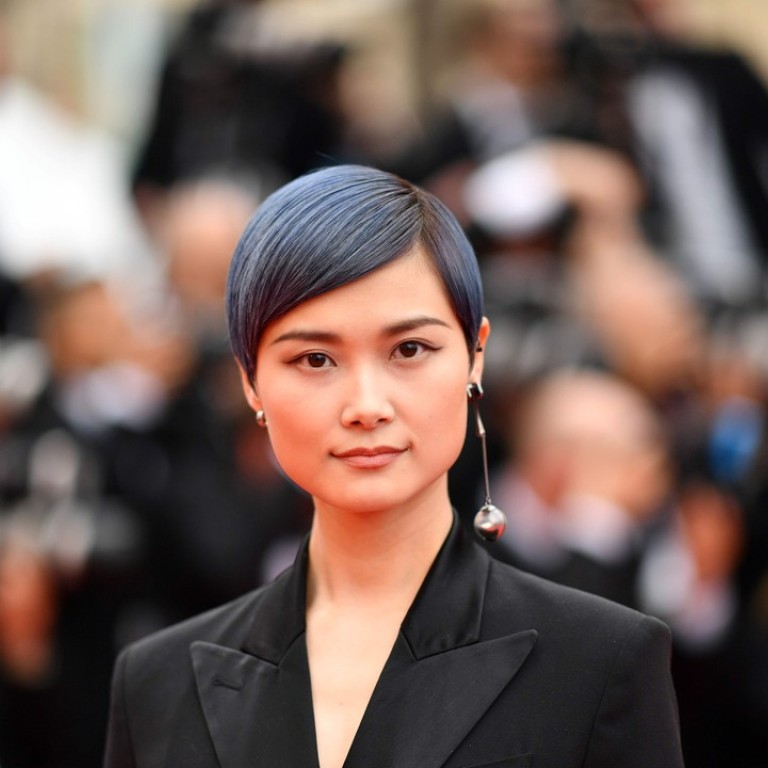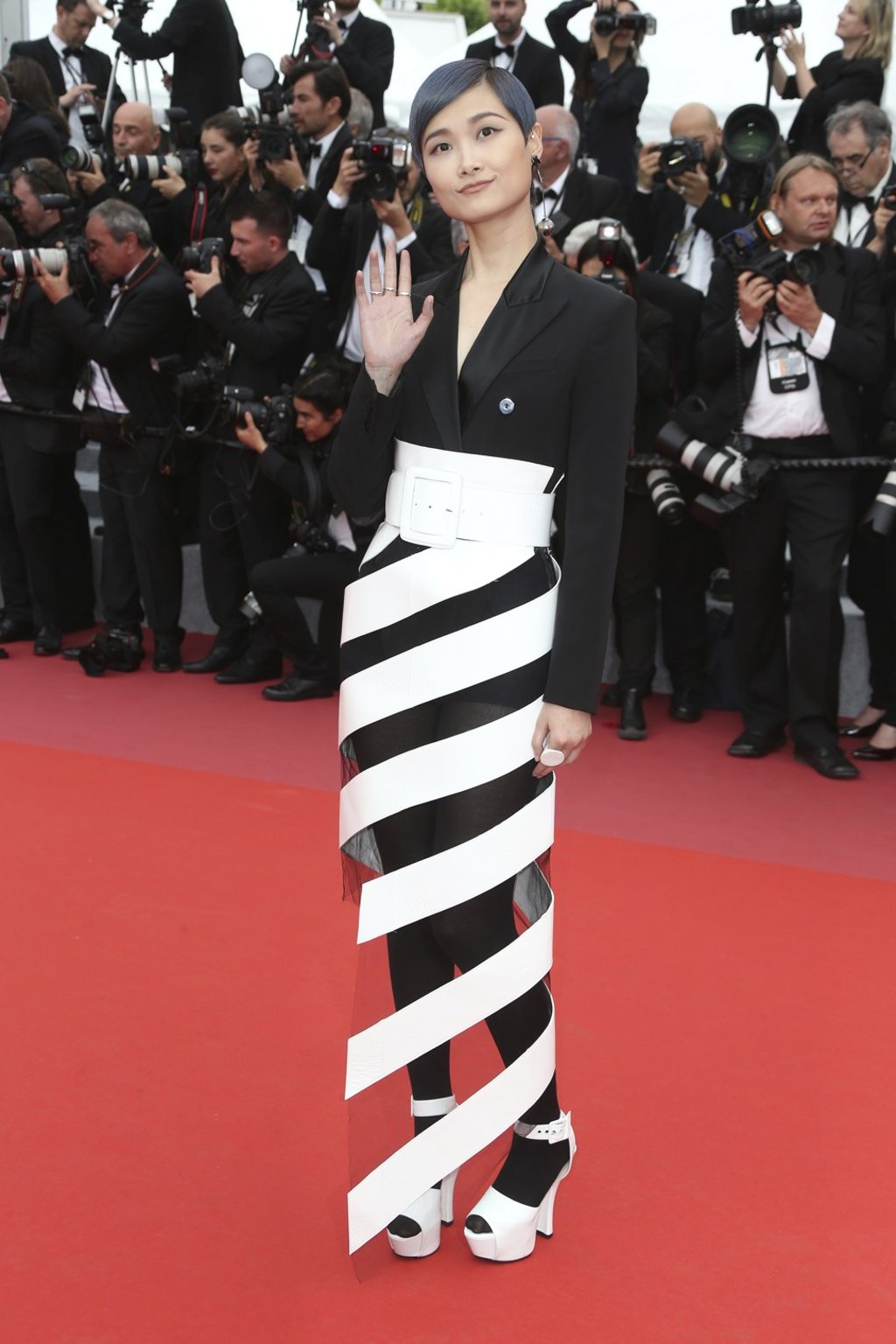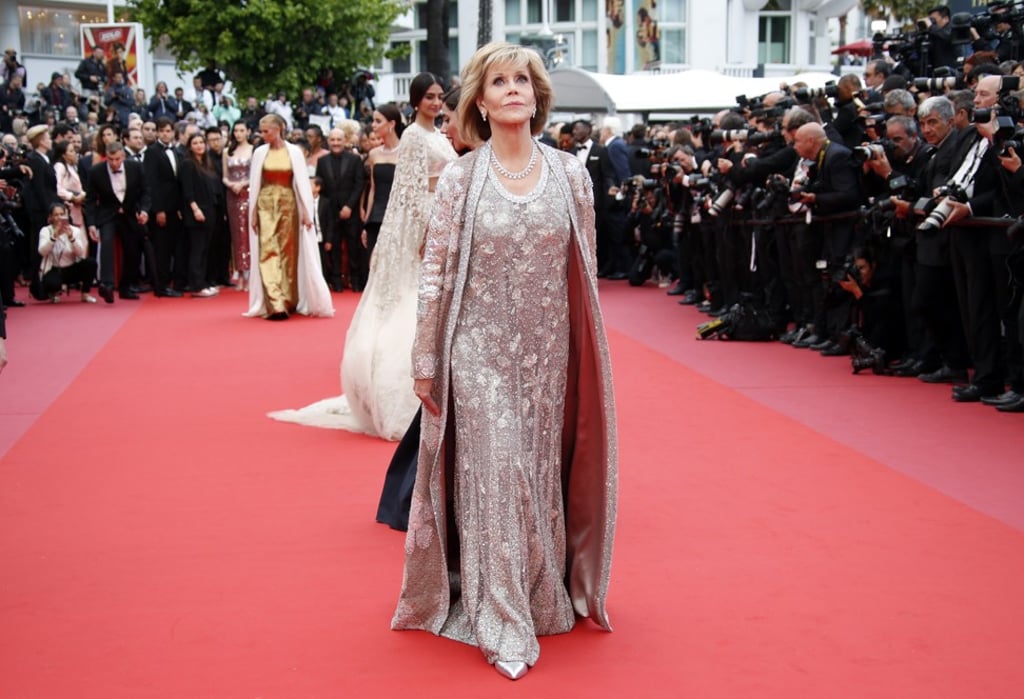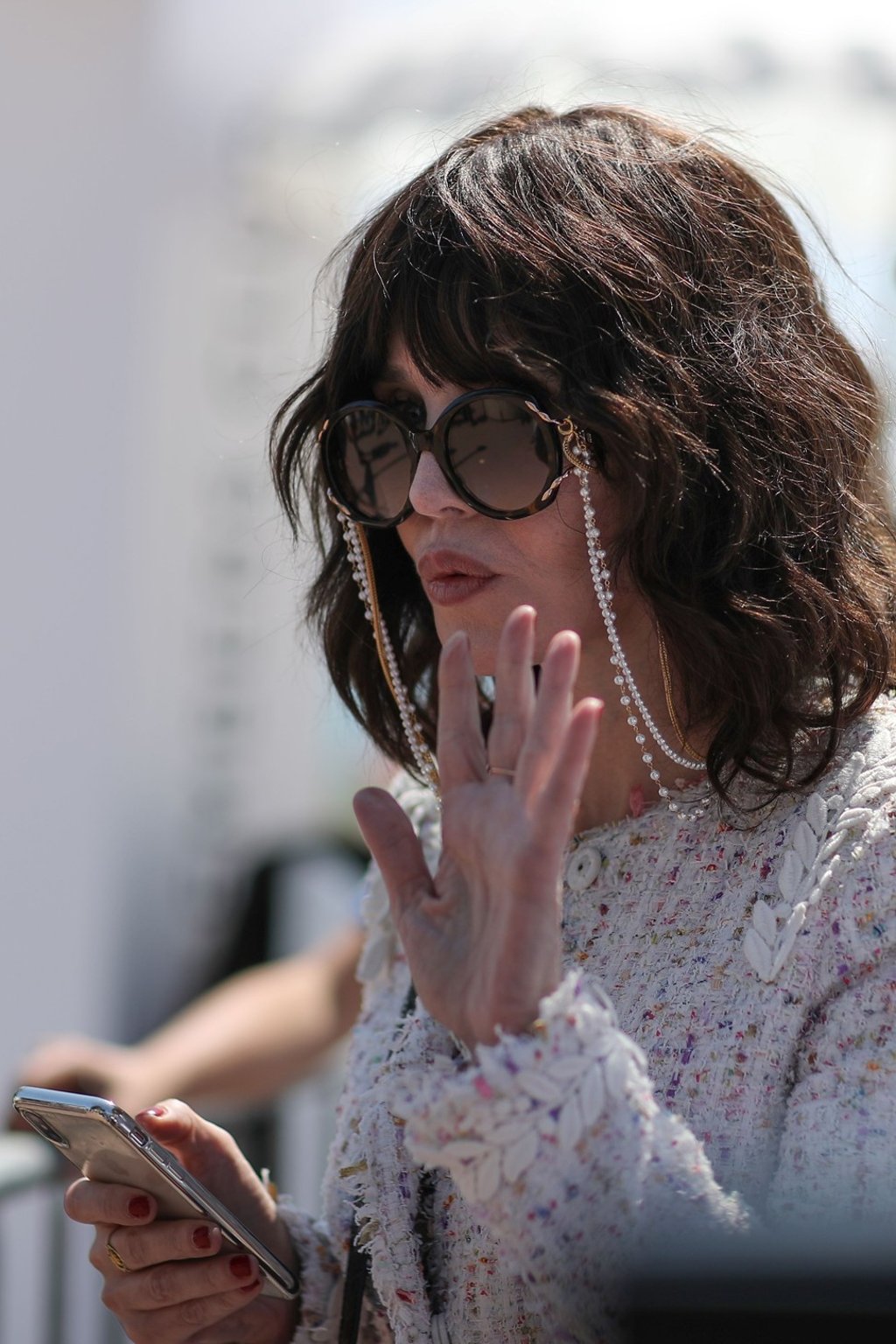L'Oreal fully embraces smartphone age at Cannes

World’s biggest beauty brand uses iconic film festival to boost social following
Chinese actress and pop star Li Yuchun glides down the hallway of Cannes’ Hotel Martinez in a tuxedo-inspired Jean Paul Gaultier gown and blue-grey pixie haircut, with a pack of L’Oreal videographers trotting backwards to stay out of the frame.
After striking a few poses on the marble staircase, she heads for the red carpet. The footage is rushed to L’Oreal’s editing suite, where dozens of editors and producers stitch together clips to post everywhere from Instagram to China’s Weibo within hours of the shoot.
This is how the world’s biggest beauty brand promotes itself in the smartphone age. With foot traffic sliding in chemists, eyeballs shifting from televisions to mobile screens and China’s digitally savvy consumers driving growth, L’Oreal pulled out all the stops at the world’s most watched film festival.
L’Oreal Paris, the company’s flagship consumer brand, is using its unrivalled scale to fund ever-bigger events, including a live talk show on Cannes beach with film stars Jane Fonda and Isabelle Adjani. Some segments were produced in Mandarin, hosted by American-Chinese TV star Hung Huang and published on Alibaba’s Tmall.
“Cannes is a spectacular opportunity for us to produce a lot of content, and this year we wanted to take it even further,” said L’Oreal Paris global brand president, Pierre-Emmanuel Angeloglou, speaking from a two-storey video studio built for the occasion on Cannes beach. “The more we can combine accessibility and direct contact with consumers with the aspirational nature and beauty of cinema, the better.”
Alibaba owns the South China Morning Post.


